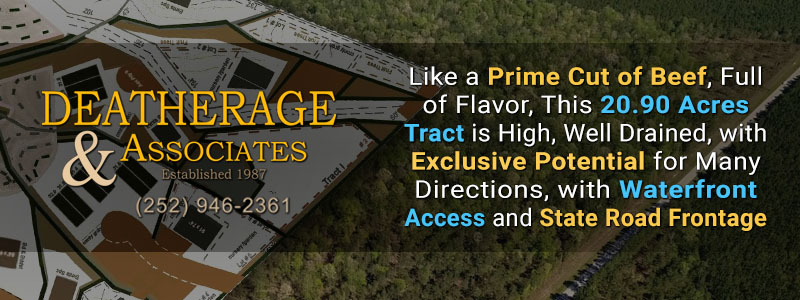Publisher's note: This article appeared on John Hood's daily column in the Carolina Journal, which, because of Author / Publisher Hood, is linked to the John Locke Foundation.
If you are involved in politics and public policy in North Carolina, I have some unwelcome news: lots of North Carolinians are dissatisfied with the quality of our political discourse and leadership.
In a recent statewide survey by
High Point University, for example, nearly three quarters of North Carolina voters said it bothered them "a great deal" or "quite a bit" that politics has become "too divisive" and full of "a lack of respect for people who disagree with each other." Almost as many said they were greatly bothered by
"a more accepting view of bad language and poor behavior in public" and
"an inability for people of different political views to agree on what is true or not true."
This is not about party or ideology. Because two-thirds to three-quarters of the electorate say this, it isn't just about Democrats shocked by President Trump or conservatives angry about mob rule on college campuses. It's a widespread concern.
I share it. Letting political disagreements turn into shouting matches, lost friendships, and endless trench warfare can only make North Carolina and the country worse off. To engage with others more constructively is not to surrender your position or show weakness. It is a sign of confidence and strength.
North Carolinians are yearning for something better. Some are already responding to that public demand. The North Carolina Institute of Political Leadership, for example, is ramping up its training regimen for people of all parties and philosophies who are interested in running for and serving in public office in our state.
Through a series of weekend retreats and exercises, IOPL encourages future politicians to be ethical, civil, and intellectually curious. Now is the time to apply (
IOPL.org) if you'd like to be considered for one of its 2018 fellowship classes.
Another option, the E.A. Morris Fellowship for Emerging Leaders, is administered by the John Locke Foundation. While IOPL concentrates on government service, the Morris Fellowship has a narrower age focus - people in early- to mid-career - but a broader purview, encompassing potential leaders in all sectors. Morris Fellows learn to play to their strengths, build teams, and rally people to a better future by appealing to shared values. That program (
EAMorrisFellows.org) is also taking applications for its 2018 class.
Still another program, the
North Carolina Leadership Forum, deserves mention in this context. Rather than seeking to train new leaders, this project - housed within Duke University's Sanford School of Public Policy - is convening a diverse set of current state leaders to discuss challenging issues. While the proceedings are private, NCLF issues reports to the public that serve to chronicle its conversations and export its model to other community groups.
I'm involved in all of these initiatives. I believe in the value of structured, face-to-face programs. But they can't scale up large enough to solve the problem on their own. Everyone has a role to play.
We can start by making concerted efforts to avoid politicizing all our personal and professional relationships, or thinking we can always know why "they" disagree with us. Why not ask them?
Also, we shouldn't assume our social divisions are simply the product of external forces or technological changes. Russian spy agencies, for instance, clearly sought to manipulate American elections last year. Their operatives
placed messages on Facebook feeds designed to intensify political and racial animosities. But political polarization has many causes. In a recent
Cato Institute paper, three Brown University scholars explained their findings on the subject.
"The change in our index of political polarization in the past 20 years is twice as large for the old as for young adults," they observed,
"despite the older group using social media and obtaining political information online at substantially lower rates."
Watch, read, and listen to a broad set of media sources, not just ones that reinforce your views. Treat others as you would like to be treated. Be civil and curious. If we want better leadership from our politicians, we'll have to model it for them.

























